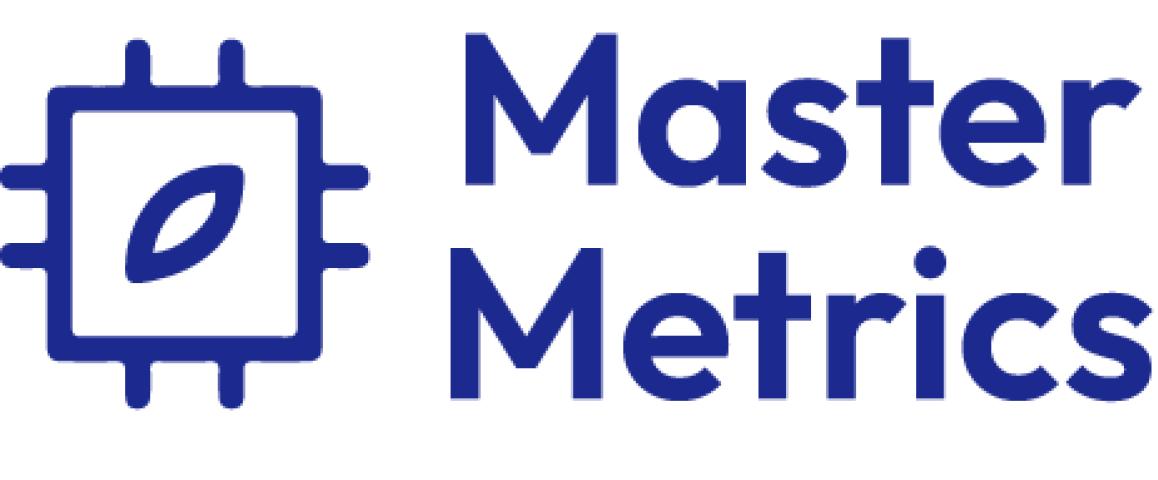With the reports saying that there are approximately 7 million apps available in the app store and the market is expected to make $659 billion in revenue by 2026, the majority of businesses are jumping into the pool to get an app for their brand. This is where, if you are expecting to reach every member of your target audience by creating various platform-specific apps, then you might be taking on another challenge.
Catering to such a wide range of users with a mobile app would require you to choose the right technology that supports multiple platforms without developing different codebases, which would be a worthy choice.
This is where React Native makes an entry as a leading cross-platform app development framework, allowing you to build cross-platform apps using a single codebase, reducing time and cost significantly.
Despite being launched in 2015, React Native consistently emerges as a leading contender and has become the most preferred cross-platform mobile app development framework. If you are hesitating to hire a React Native app developer, then consider this blog to understand why opting for React Native for mobile app development is a strategic move for startups, SMEs, or even enterprises...
1. Offering Cross-Platform Compatibility
The major principle on which React Native is actually based is its ability to write once, run anywhere. This means developers with a basic knowledge of JavaScript can build a single codebase that works across both iOS and Android platforms by simply using 80% of the same codebase and significantly reducing development time and cost.
React Native allows developers to use the same codebase for developing iOS and Android apps and eliminates the need to hire separate teams for each platform.
This cross-platform capability accelerates time-to-market and ensures consistent functionality across devices.
2. Speed Up The Development Process By 2x
If you have decided to launch an app, it's important to market it during its planning. Development speed is crucial in the competitive mobile app market.
React Native offers a component-based structure that allows developers to reuse upto 80% of the same codebase. In fact, developers can tap into third-party plugins and leverage a rich library ecosystem, to avoid developing the codebase from the scratch and expedite the development lifecycle.
React Native enables you to use massive pre-built components like buttons, cards, sliders, and modals that save time and coding efforts.
Apart from that, it offers you hot reloading, where developers can make live changes to the existing code without disrupting the functionality of the app, and are able to see instant changes. This practice expedites the development process
As a result, businesses can get MVPs and full-scale apps to market faster than ever before.
3. Save up to 40% Development Cost
While developing an app with React Native, you can access a shared codebase, which dramatically cuts down on both development and maintenance costs. Instead of building two separate apps, companies can rely on one development team and one codebase.
According to industry reports, using React Native can reduce mobile app development costs by up to 40%. For startups and SMEs with limited budgets, choosing a React Native app development company to build their business app will be a budget-friendly deal.
4. Offering a Strong Community Support
Despite being a young framework, it offers strong community support and open-form discussion to help you get instant solutions to your problems.
React Native is an open-source framework maintained and supported by Meta (Facebook); therefore, it boasts a strong backing from the global developer community.
GitHub has over 110k stars on the React Native repository, with thousands of contributors.
There are numerous libraries, UI kits, and plugins available to extend app functionality.
Apart, its highly extensive documentation, tutorials, and community forums make it easy for developers to troubleshoot issues and innovate faster.
The vibrant ecosystem around React Native ensures that you're never building in isolation.
5. Leverage The Native Like App Performance
One of the biggest misconceptions about cross-platform frameworks is that they deliver excellent performance.
React Native uses native modules and components, which are compiled directly into the app’s code, ensuring near-native performance in terms of speed, responsiveness, and fluidity.
Apps like Instagram, Facebook, Pinterest, Tesla, and Uber Eats are proof that React Native can handle complex, high-performance mobile apps with ease.
Conclusion
React Native has revolutionized the way mobile applications are built. Its cost-effectiveness, cross-platform capability, high performance, and developer-friendly features make it a top choice for businesses across the spectrum.
Whether you're a startup validating your idea or an enterprise looking to streamline development, hire a mobile app development company that helps you leverage React Native’s tools, community, and power to bring your vision to life—fast.















